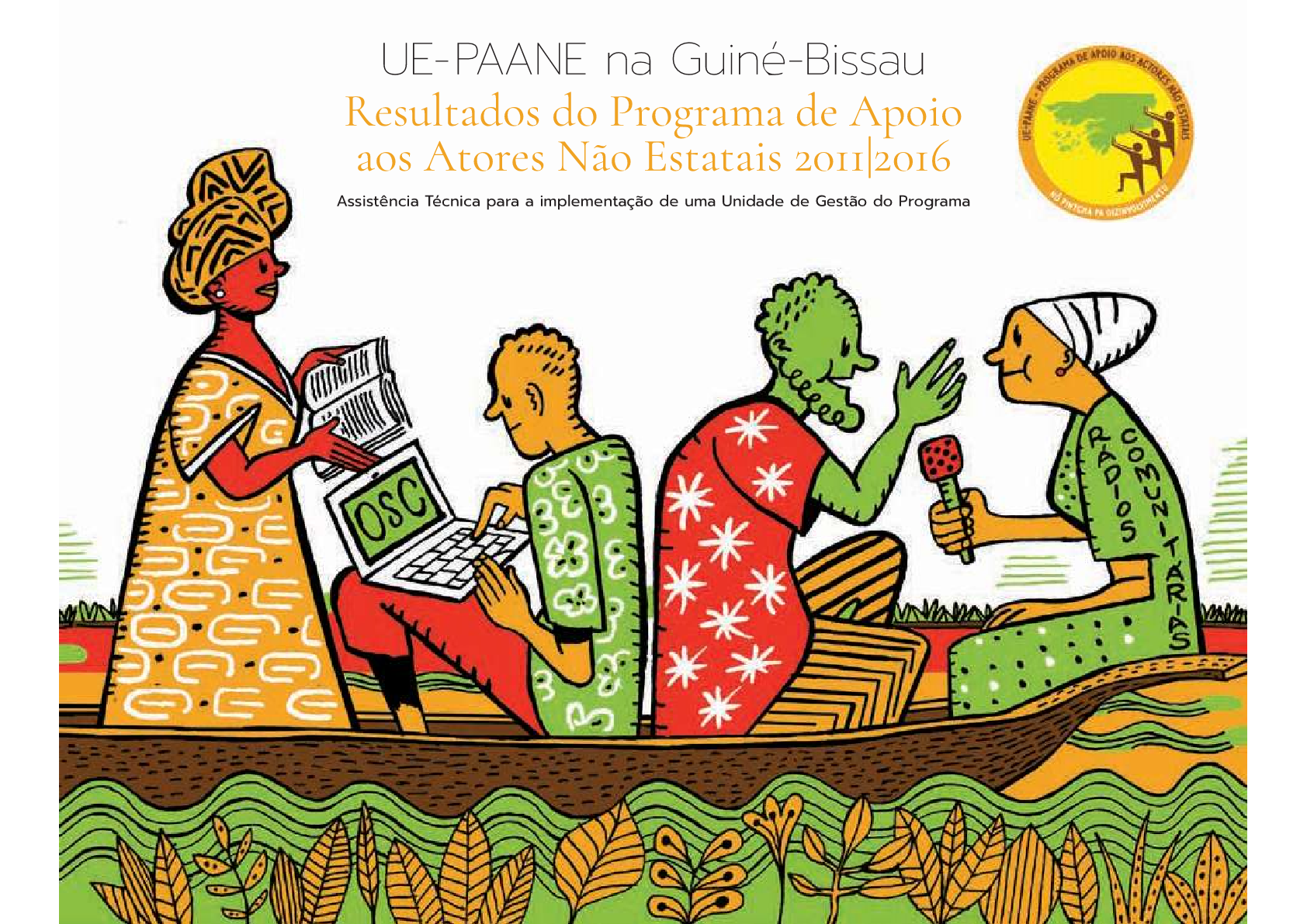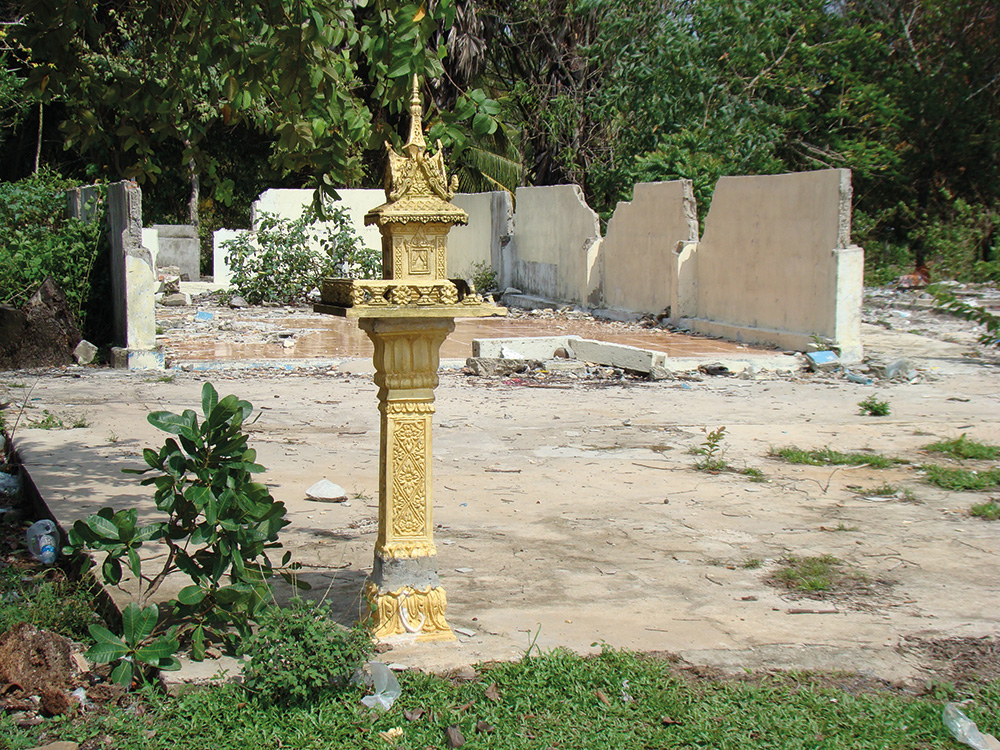Plan de acción “AGRO 2003-2015”
En el marco de la Segunda Reunión Ministerial sobre Agricultura y Vida Rural en el contexto del proceso Cumbres de las Américas, los(as) Ministros(as), Secretarios (as) de Agricultura de las Américas, reunidos(as) en la ciudad de Panamá acordaron adoptar el PLAN DE ACCIÓN “AGRO 2003-2015” PARA LA AGRICULTURA Y LA VIDA RURAL DE LAS AMÉRICAS.











